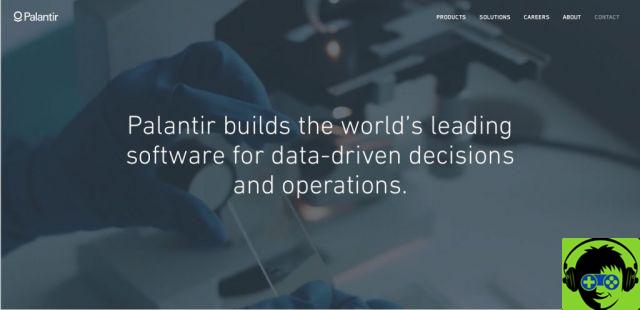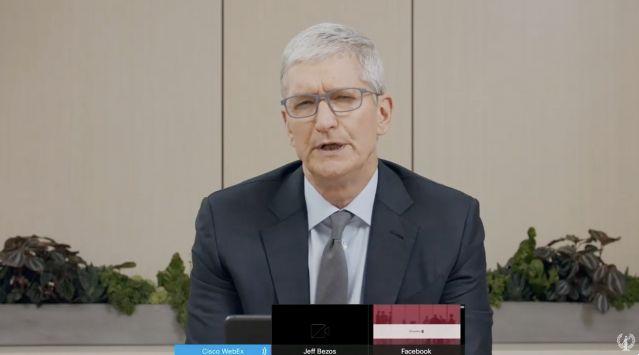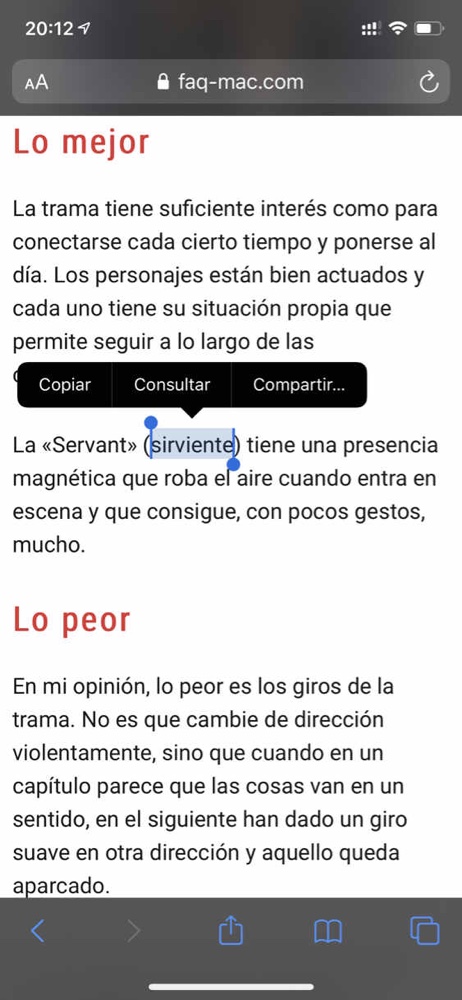A palantir is a fictional legendary object created by the British writer JRR Tolkien. It is a seer stone, with a spherical shape, which is used to see distant events or places, or, more frequently, to communicate with the user of another of them.
It is in Tolkien's imaginary world, where you fight for the common good and to defeat the ultimate evil, that he sees everything and is capable of annihilating souls simply by fixing his gaze on them. Pending! Keep reading…
" Palantir develops technologies directly for government agencies, especially those in the United States. Software that allows the American police to identify millions of people by relating all kinds of public information about them. " Xataca
The sinister references to fiction do not end there: “Gotham, the name given to Palantir's software, is a sort of aggregator that collects everything possible about a person from different databases. From there it crosses and merges the data to create a unique profile as complete as possible for each person ".
Palantir is about to go public after 16 years as a private company. Despite sixteen years in business, it only started to have positive (beneficial) results in 2020.
What makes it possible to keep a company at a loss? What do investors see as they continue to invest millions of dollars "into the future"?

Undoubtedly, the statement of its activities that we spoke of at the beginning has a great power of attraction of capital, because, in short, it is a profile to "dominate us all". Facebook, Google, etc. they are amateurs compared to the profiles built by Palantir.
The US government is using Palantir's software to identify immigrants from Mexico. Its software identifies e + records “every immigrant detained, creating a record and opening a historical record for each one.
Palantir has so far been completely opaque because its main clients are the government, police and military organizations, who work alongside the Department of Defense, the Army, the Marines, the FBI and the CIA (they also claim to have other clients such as Credit Suisse, JP Morgan Chase, Merck, Airbus, etc.).
Palantir's software uses Amazon Web Services, so Amazon is getting its share of gaming hatred too.
Palantir made headlines for being co-founded by Facebook board member and venture capitalist Peter Thiel, one of Donald Trump's main supporters in Silicon Valley.
We know, it's scary to have something about privacy, Facebook and Donald Trump in the same sentence.
Over the years Palantir has become one of the most popular startups in the US, with nearly three billion venture capital and a valuation of twenty billion dollars, all while operating in a completely opaque manner.
Of course, the creators of Palantir do not remain unmoved and have begun to criticize those companies that refuse to work (or partner) with the US government and proclaim the good deeds of Palantir.
Joe Lonsdale, a venture capitalist who helped found Palantir but has no more resources there, said last year that Palantir is "arguably the most patriotic company" in Silicon Valley.

What is Palantir?
Headquartered in Palo Alto, California, Palantir was founded in 2003 by a group of former PayPal executives and Stanford scientists, including CEO Alex Karp.
Palantir creates software to manage, analyze and keep data safe.
Alex Karp defines himself as a socialist (in the United States the socialist concept has nothing to do with what is meant in the rest of the world), despite Palantir having collaborated with all the centers of power of his activity, providing tools for Big Data Analysis.
The company grew out of Peter Thiel's experience at PayPal, where credit card fraud costs the company millions of dollars every year. To solve the problem, PayPal created an internal security application that helped employees analyze suspicious transactions.
Palantir takes a similar approach by finding patterns in complex data. For example, police in different states can use it to search for connections between phone files, photos, vehicle information, criminal records, biometrics, credit card transactions, addresses, and police reports.
On her website, Palantir says companies work with her to uncover human trafficking networks, financial analytics, respond to natural disasters, control the spread of infections, fight cyber attacks, prevent terrorist attacks, and more.

According to VICE magazine, Palantir's software allows police to enter a license plate and quickly get an itinerary of the routes and places the vehicle has traveled. The police can also use the software to locate family members and business relationships.
Palantir's technology has been used in New Orleans to predict areas to send police to, the Verge reported, a practice that has been shown to increase surveillance and arrests in non-white communities.
Palantir has been involved in several lawsuits in previous years. For example, in 2017, Palantir reached an agreement with the Ministry of Labor that its hiring policies discriminated against Asians.
In 2016, Oracle was reportedly considering purchasing Palantir. Previously, Palantir was also in talks with Credit Suisse and Morgan Stanley for an IPO in the second half of 2019 (something that appears to be happening in the second half of 2020).


























